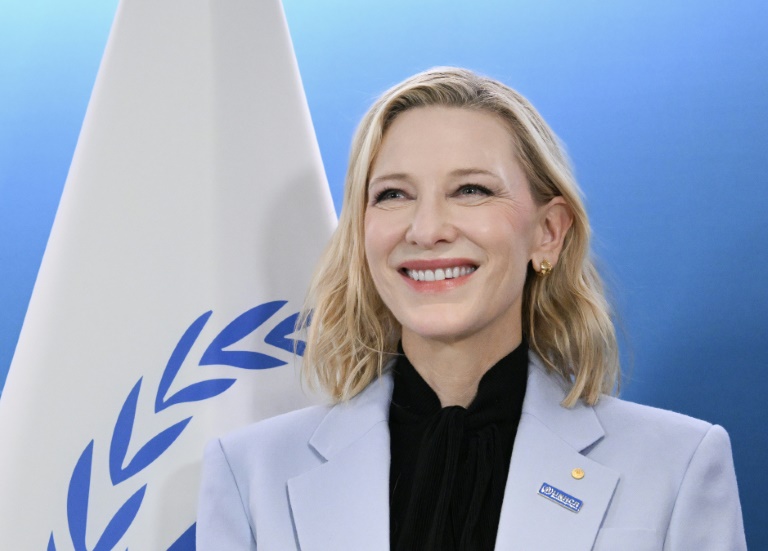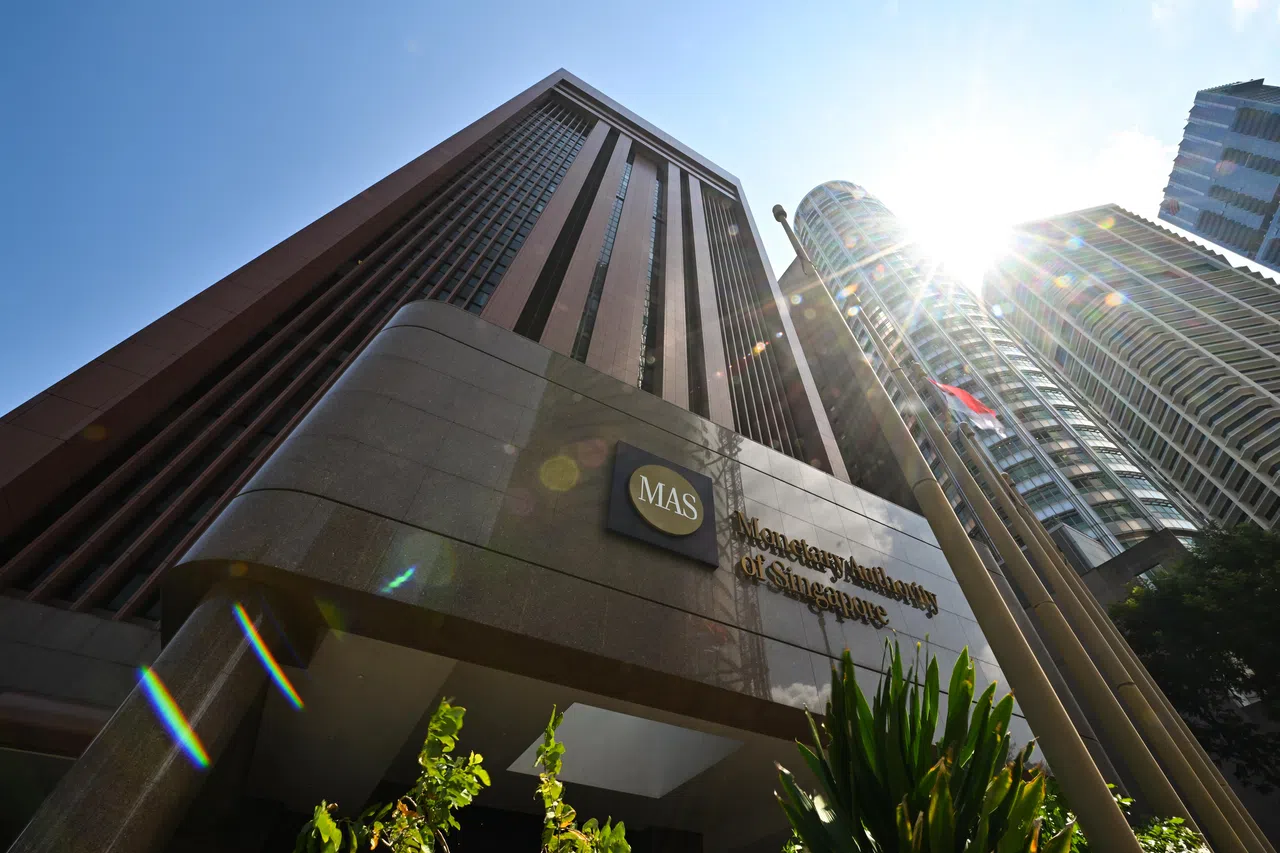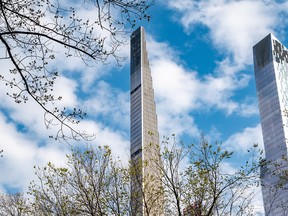The EU must lead the way in rejecting “dangerous myths” fuelling a rise in hardline anti-migration policies as the world grapples with mass displacements, actress and UNHCR Goodwill Ambassador Cate Blanchett said Wednesday.
The call was all the more urgent given the deadly war in Gaza, where Israel is conducting intensive bombardments in retaliation for Hamas’s October 7 attack on Israeli communities, Blanchett told the European Parliament in Brussels.
“The conflict has claimed — and is still claiming — thousands of innocent lives,” she said, reiterating a UNHCR plea for “an immediate humanitarian ceasefire and the immediate release of all civilians held hostage”.
While that conflict dominated the news, violence, political turmoil and repression around the globe has resulted in 114 million people being forcibly displaced, she said.
While around half were uprooted within their own countries, 36.4 million were forced abroad to seek refuge, most of them to neighbouring countries, she said.
Blanchett expressed concern over a stoking of “fear and hostility that each and every refugee is headed here in Europe” a misconception she said had prompted some governments to claim the 1951 Refugee Convention was outdated and ill-suited to address the challenge.
“I urge each and every one of you here today to stand firm in challenging the dangerous myths peddled far too widely,” she told the full chamber of the European Parliament.
“The 1951 convention is a landmark human rights instrument that is not only still relevant but foundational to our common humanity,” she said.
Blanchett emphasised that, as UNHCR Goodwill Ambassador, she was a “witness” to the cost of war on human lives, and she recounted meetings she had with several refugees, many who had no choice but to move abroad for sanctuary.
“Imagine just for a moment your own sons and daughters, your own children and grandchildren, in the same situation. Then perhaps you can understand that walls, barbed wire, pushbacks are no answer,” she said.
“You have to understand that no one puts their children in a boat unless water is safer than the land.”
The Australian actress said she felt “shame and regret” over her country’s hardline policies that for years has seen asylum-seekers sent to detention centres in Papua New Guinea and Nauru and barred from settling in Australia.
She did not point the finger at any EU countries though some, including Italy, Hungary and Poland are toughening their stances against refugees. Former EU member Britain has also made cracking down on “small boats” carrying asylum-seekers a priority.
UNHCR, Blanchett said, was in dire need of funding to carry out its mandate of protecting and assisting refugees.
“Humanitarian work needs resources. UNHCR alone urgently needs $600 million before the end of the year,” she said.







